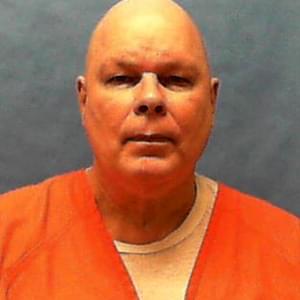Delaware is the most recent state to have its executions halted while courts examine whether the state’s lethal injection procedures are cruel and unusual. Similar constitutional challenges have effectively put executions on hold in California, New Jersey, Florida, and Missouri. In a meeting with Delaware officials, Chief District Judge Sue L. Robinson ordered the state to respond to a lawsuit filed by Robert W. Jackson, whose scheduled May 19 execution was stayed so that his lethal injection challenge could be considered in federal court. “No one else is going to be leapfrogged in front of Jackson until this question, fundamental to every capital case in Delaware, plays out. Everyone agrees this needs to be litigated,” stated Jackson’s attorney, Thomas Foley. Foley and other attorneys are considering turning Jackson’s case into a class action suit, a decision that would formally extend the freeze on executions to all death row inmates in Delaware.
Jackson’s legal claim raises similar questions to those posed in other lethal injection challenges throughout the nation. The cases take issue with both the chemicals used in the majority of lethal injections and the training of people who carry out the executions. The lawsuits note that instead of a quick and humane death, those executed by lethal injection are likely to face a slow and painful death by suffocation. A recent Ohio execution took 90 minutes for the inmate to die. In November 2005, the Delaware execution of Brian Steckel lingered for 12 minutes while he spoke with family and friends. Steckel expressed surprise to prison officials that the execution was taking so long prior to his death, during which he visibly convulsed in his restraints and snorted.
(The News Journal, July 25, 2006). See DPIC’s Special Lethal Injection Information Page. See also, Botched Executions.
Executions Overview
Nov 13, 2023

Alabama Schedules A Second Execution for Kenneth Smith, Using Nitrogen Gas for the First Time in U.S. History
Executions Overview
Aug 01, 2023

8th Circuit Lift Stay of Execution for Death-Sentenced Missouri Prisoner with Schizophrenia
Executions Overview
Jul 24, 2023


